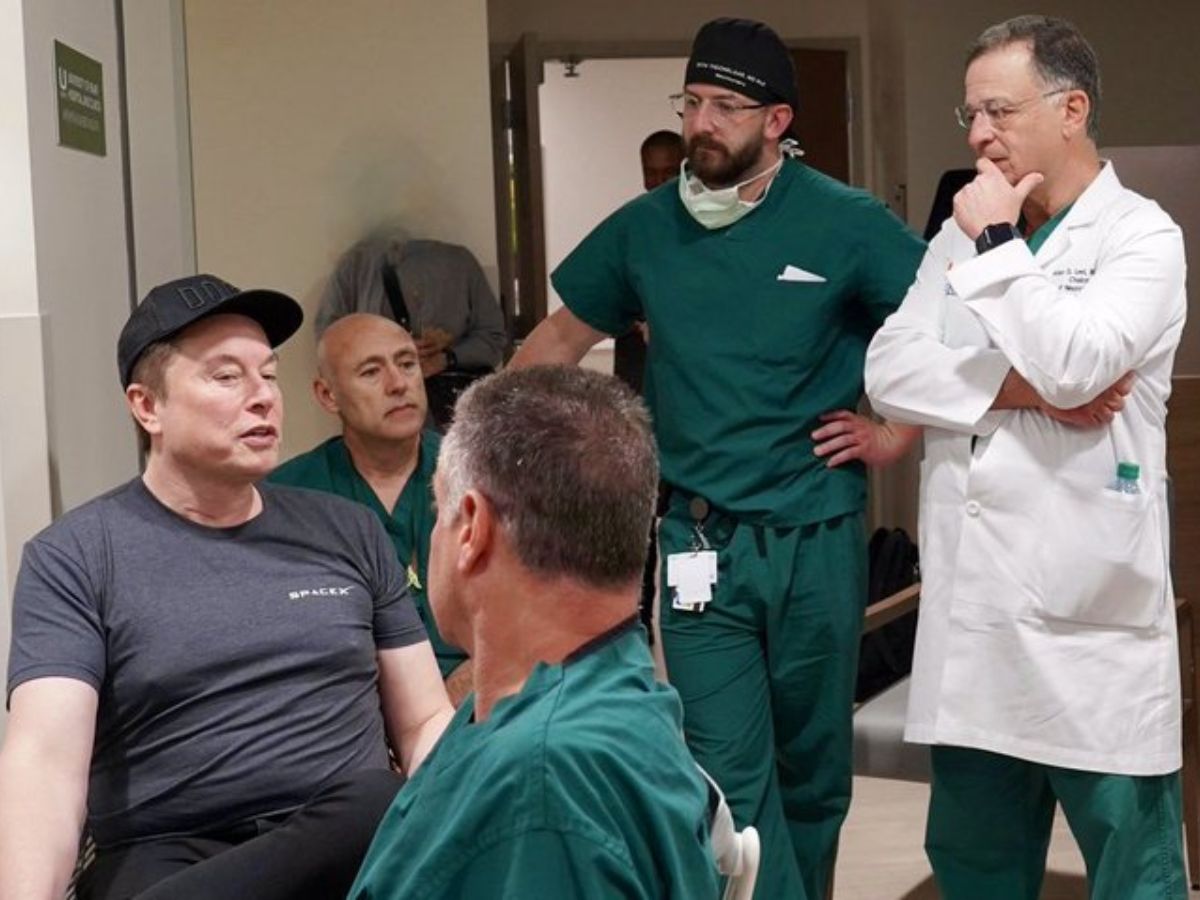
Neuralink implants devices in two new participants, marking a milestone with same-day surgeries and positive recoveries. Photo/X.
Neuralink has successfully implanted its device intwo two new human participants, the brain-computer interface (BCI) company founded by Elon Musk, said last week.
The two new implants now raise the count to company’s eighth and ninth human subjects. These two implants were special in another sense that the company for first time conducted two surgeries on the same day.
The announcement was made on X, the social media platform owned by Musk. “Both participants are recovering well and in great spirits,” Neuralink posted.
“We are looking forward to supporting them on their Neuralink journey.”
The company did not disclose any further information about the identities, medical backgrounds, or locations of the two individuals.
Also Read: Beyond EVs: Elon Musk Warns of ‘Rough Quarter 2,’ Pivots Tesla’s Future to Humanoid Robots and AI
Neuralink’s BCI technology is intended to assist people with paralysis by enabling them to control computers and smartphones using only their thoughts. The system functions by linking the nervous system to external devices that can interpret and respond to brain activity.
The technology is still in early clinical trials, focusing on safety and functionality for people with limited mobility caused by specific medical conditions. Past trial participants have included individuals who suffered spinal cord injuries or live with amyotrophic lateral sclerosis (ALS), a degenerative disease that severely impairs motor functions.
The company first implanted its device in January 2024 in a man who was paralysed due to a spinal cord injury. That implant allowed the man to engage in activities like playing video games and chess using only his brain signals.
Neuralink received approval from US regulators in 2023 to begin testing its device in humans. While the clinical trial phase is still ongoing, Musk has positioned Neuralink as a transformative technology with the potential to benefit a much wider population in the future.
“Neuralink will do life-changing good for ultimately millions, maybe billions, of people,” Musk wrote on X, following the company’s announcement about the latest surgeries.
“Imagine your loved one being able to walk again or your parent with dementia being able to recognise their child again,” he added.
Over the years, Neuralink has gained traction garnering attention across the globe, however it is still being questioned by scientists and ethicists alike. The debate is around whether the device is safe for the brain tissue, it’s own safety over the period and the fact this technology actually commercializes cognitive enhancement.
Observers who criticize the technology have said that this can even lead to the violation of privacy and can risk the person’s mental health also. Elon Musk has however, repeatedly said that the company is improving whike taking all these concerns into consideration.
Zubair Amin is a Senior Journalist at NewsX with over seven years of experience in reporting and editorial work. He has written for leading national and international publications, including Foreign Policy Magazine, Al Jazeera, The Economic Times, The Indian Express, The Wire, Article 14, Mongabay, News9, among others. His primary focus is on international affairs, with a strong interest in US politics and policy. He also writes on West Asia, Indian polity, and constitutional issues. Zubair tweets at zubaiyr.amin
Ankur allegedly instructed Nikhil to keep the call on recording, claiming it would be useful…
The Indian Cyber Crime Coordination Centre (I4C) cautioned android users to remain vigilant against malicious…
Dr. Blossom Kochhar Honoured with ELLE Beauty Legacy Award at The ELLE List 2026
Mumbai (Maharashtra) [India], January 27: India’s pioneering aromatherapist, beauty expert and wellness entrepreneur Dr. Blossom…